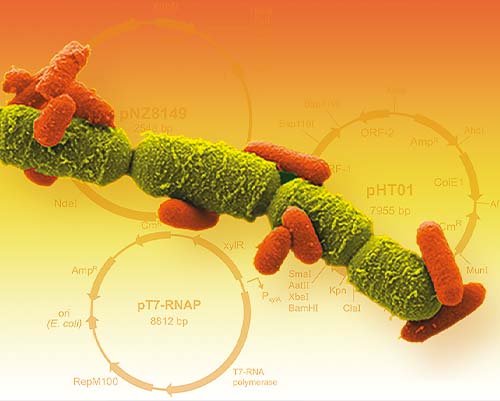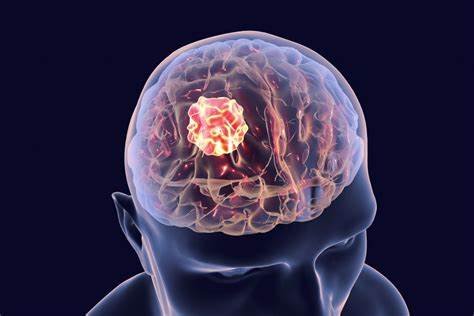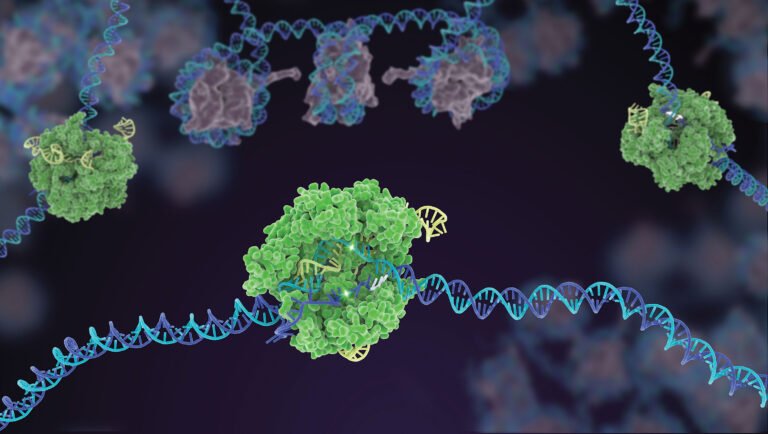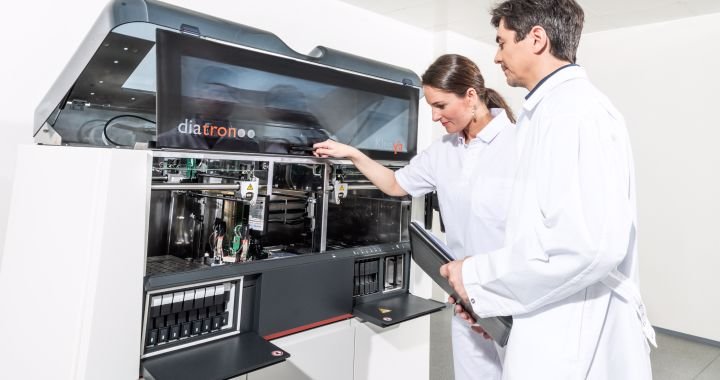Blotting Techniques for Diagnosis: A Comprehensive Overview
Blotting techniques are among the most critical molecular biology methods used for diagnosing various diseases. These techniques allow for the detection, identification, and quantification of specific biomolecules like DNA, RNA, and proteins. This blog will explore the different types of blotting techniques and their role in diagnostic applications. What is Blotting? Blotting is a laboratory…










